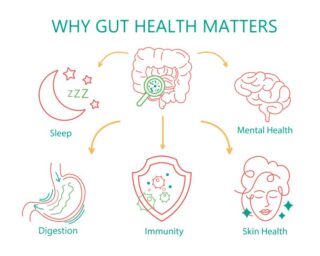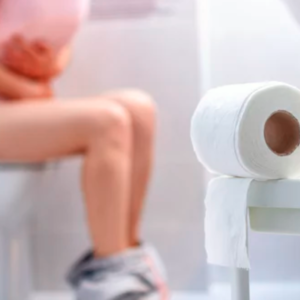5 reasons you have a UTI

A urinary tract infection (UTI) is a very common infection that affects your urinary system. The urinary system includes the urethra, ureters, bladder, and kidneys. A UTI may affect any part of the urinary system. Symptoms of a UTI include urinating frequently, pain with urination, urine leakage, and pain your side or lower back, and abnormal urine color. Most UTIs can be treated with antibiotics within a couple days to weeks.
Urinary tract infections are most commonly caused by bacteria. The bacteria will enter the urethra and bladder and cause an infection with inflammation. Most of the time the infection will stay limited to the urethra and bladder. However, the bacteria causing the infection can travel up the ureters and infect the kidneys. Most of the time, the bacteria causing the infection is E. coli, a bacterium that is found it the intestines.
Women are more likely to get a urinary tract infection because of their anatomy. Women have a shorter urethra than man, and because of that there is less distance for bacteria to travel to the bladder, making infections more likely.
Sexual activity may also increase the likely hood of obtaining a UTI. Sexual activity introduces more bacteria to the urethra area and may contribute to causing a UTI.
Catheters may also cause UTIs. Catheters are used as a way for urinary relief either in the hospital or at home. They can cause UTIs by introducing bacteria to the urinary tract if they are used often or cleaned before use.
A blockage of the urinary tract from a stone or enlarged prostate may cause a trapping of urine the bladder. This not only makes urinating difficult and cause pain, but it can also cause a urinary tact infection.
Certain types of birth control are more likely to cause a complication of a UTI. The use of diaphragms and spermicidal agents are two specific kinds that increase this risk.
Prevention of UTIs can be done by drinking plenty of water, drinking cranberry juice, wiping from to back, emptying your bladder after having sex, and changing your birth control method if yours is causing complications.

This article reviewed by Dr. Jim Liu, MD and Ms. Deb Dooley, APRN.
There’s nothing more important than our good health – that’s our principal capital asset.
#medical #telehealth #umedoc










